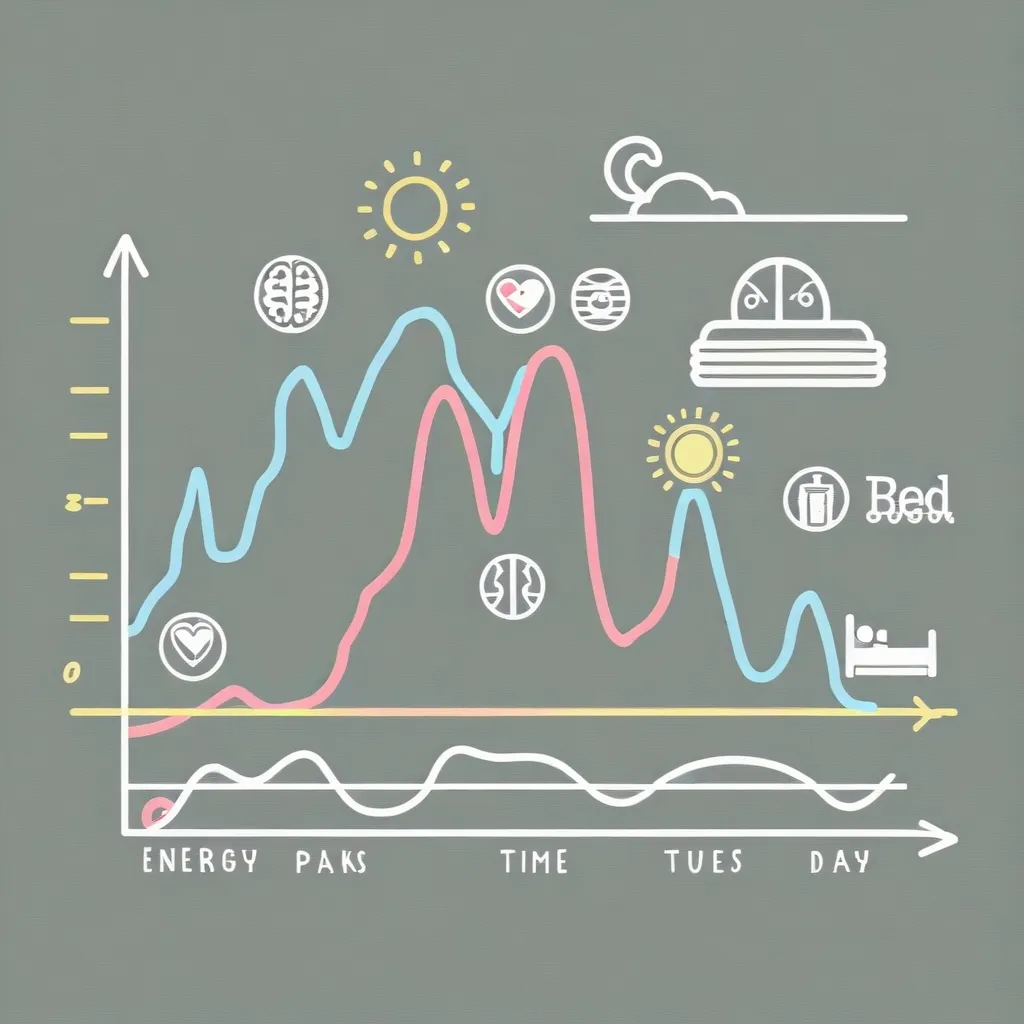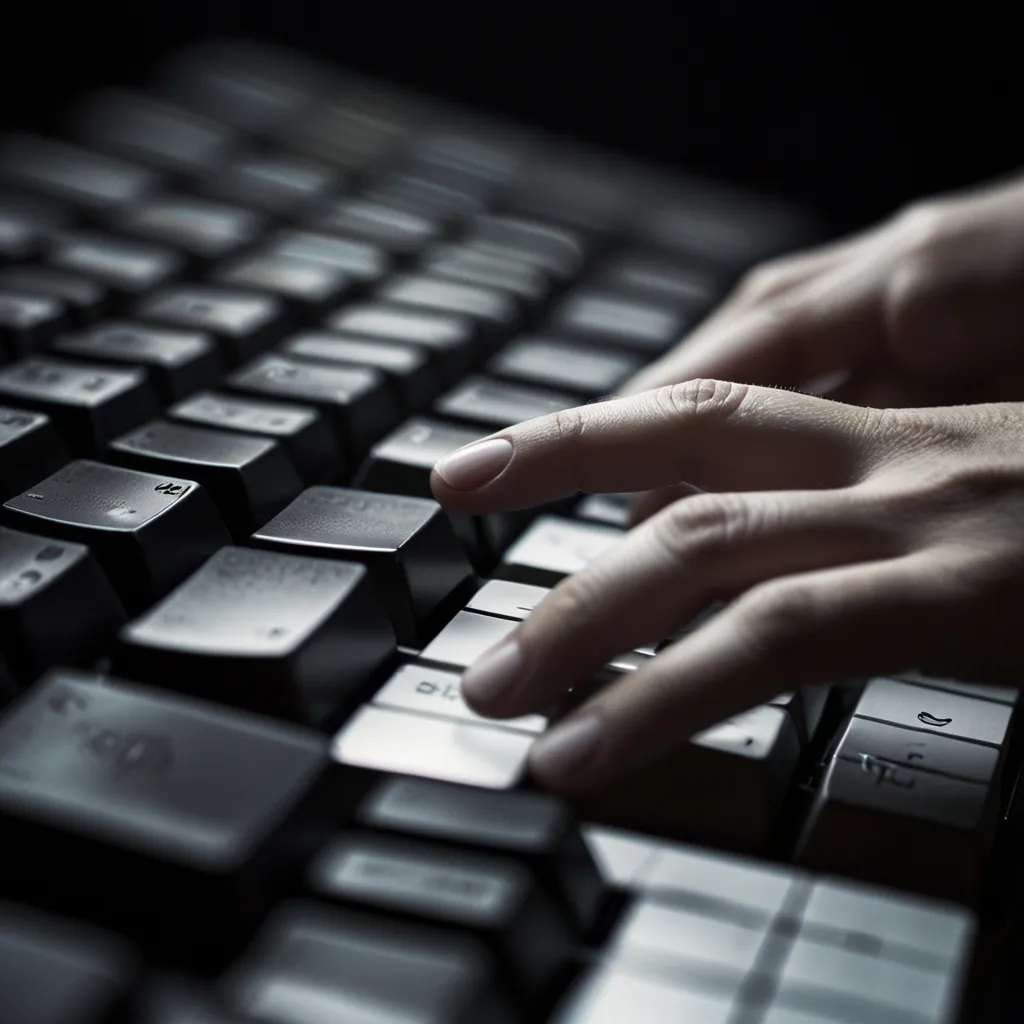Managing time effectively is often seen as the holy grail of productivity. But guess what? There’s an even bigger piece to the puzzle that we often overlook: energy management. Your energy levels aren’t constant; they go up and down throughout the day. Ignoring this means we’re not maximizing our potential. Let’s dive into why energy management is a game-changer and how it can transform your daily grind.
Understanding your energy patterns is the first step. Track when you feel the most and least energized. For some, mornings are golden hours when their brains are sharp and creativity is flowing. Others might feel more alive in the afternoon. By recognizing these peaks and troughs, you can schedule your day smartly. If mornings are when you shine, save that time for tasks that need heavy lifting mentally. If you’re an afternoon person, move those challenging tasks to later in the day. It’s all about playing to your strengths.
Managing energy isn’t just about your physical state; it includes mental and emotional aspects too. Physical energy is the most straightforward; it’s what keeps you moving. Maintaining physical energy involves sensible things like good nutrition, regular exercise, quality sleep, and taking short breaks. Even something as simple as a quick walk or chatting with a colleague about non-work stuff can give you that much-needed boost.
Mental energy is another beast. In today’s multi-tasking world, our mental energy gets zapped quickly. Switching between tasks can leave you mentally drained and prone to mistakes. A good way to manage mental energy is to block out specific times for emails or calls, leaving other times free for focused, distraction-free work. Working in designated, uninterrupted blocks can really up your mental game and overall efficiency.
Emotional energy affects us more than we often realize. When you’re in a good mood, everything seems easier, right? But continuous stress and outside pressures can turn your emotional state sour. Simple practices like deep breathing, meditation, or even just taking a few minutes to relax can help keep your emotional energy balanced. It’s all about maintaining that good vibe, which in turn makes you more productive.
Aligning your tasks with your energy levels is crucial. This means doing your high-energy tasks during your peaks and saving the low-energy tasks for when you’re running out of steam. For instance, use your high-energy morning for complex problem-solving and your afternoon slump for easier, more mundane tasks. This approach keeps you productive without burning out.
But beware of energy drains. Some activities just suck the energy right out of you. Multitasking is a classic example. Juggling different tasks not only kills productivity but also ramps up mental fatigue. Useless meetings, toxic colleagues, and constant social media or tech distractions are other big culprits. Identifying and minimizing these energy drains is key to staying on top of your game.
Rest and recovery are non-negotiables in energy management. It’s not just about how hard you work; it’s also about how well you recharge. Adequate sleep, regular exercise, and taking breaks are fundamental. Activities like meditation, reading, or simply spending time outdoors can help replenish your energy reserves. Take rest seriously; it’s as important as any task on your to-do list.
Energy management aims for sustainability and well-being, something time management often overlooks. By respecting your limits and taking breaks, you avoid burnout and maintain a balanced life. This holistic approach enhances not just your productivity but also your emotional health and creativity.
So how do you start practicing energy management? Begin by tracking your energy levels. Keep a log to identify patterns and schedule tasks based on when you are most energized. Next, plan your day strategically. Make sure to prioritize rest. Schedule activities that recharge you, such as physical exercise or a few minutes of meditation.
Setting boundaries is also essential. Focus on tasks that matter and avoid those that drain your energy. Listen to your body. When you feel you need a break, take it. It’s your body’s way of telling you to recharge.
In the real world, energy management can make a big difference. For instance, if you’re leading a team, understanding each member’s energy patterns can help you assign tasks more effectively. Aligning tasks with individual energy peaks can enhance team performance and reduce stress. Industries like manufacturing or healthcare benefit enormously from this approach, as maintaining focus and precision is critical.
Shifting the focus from traditional time management to energy management can lead to significant improvements in productivity and well-being. By understanding your energy patterns, managing different types of energy, and aligning tasks accordingly, you can achieve more without feeling drained. Remember, it’s not just about managing your time; it’s all about managing your energy to bring your best self to every task.
So, next time you’re planning your day, think energy first. Your productivity and well-being are bound to get a major boost.






